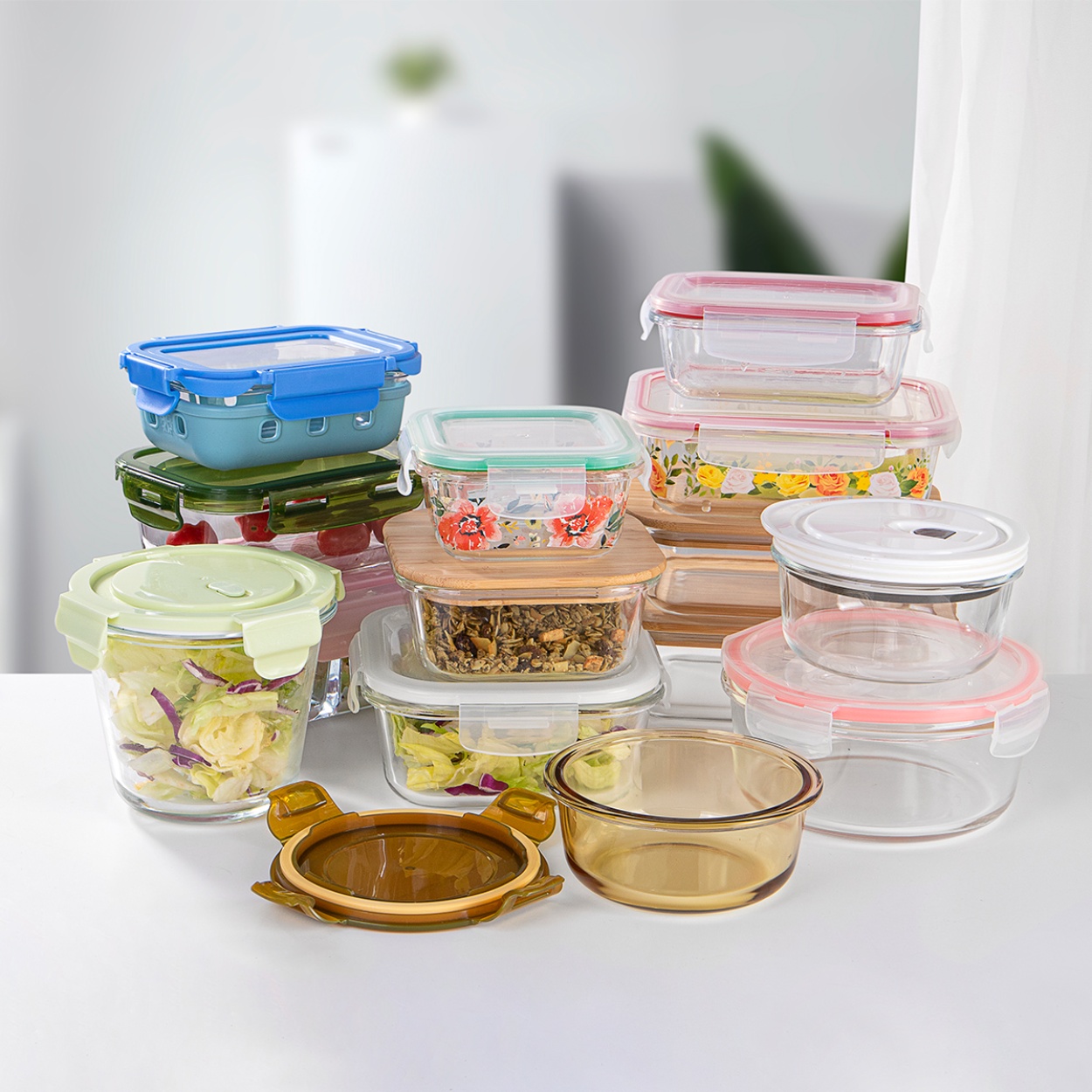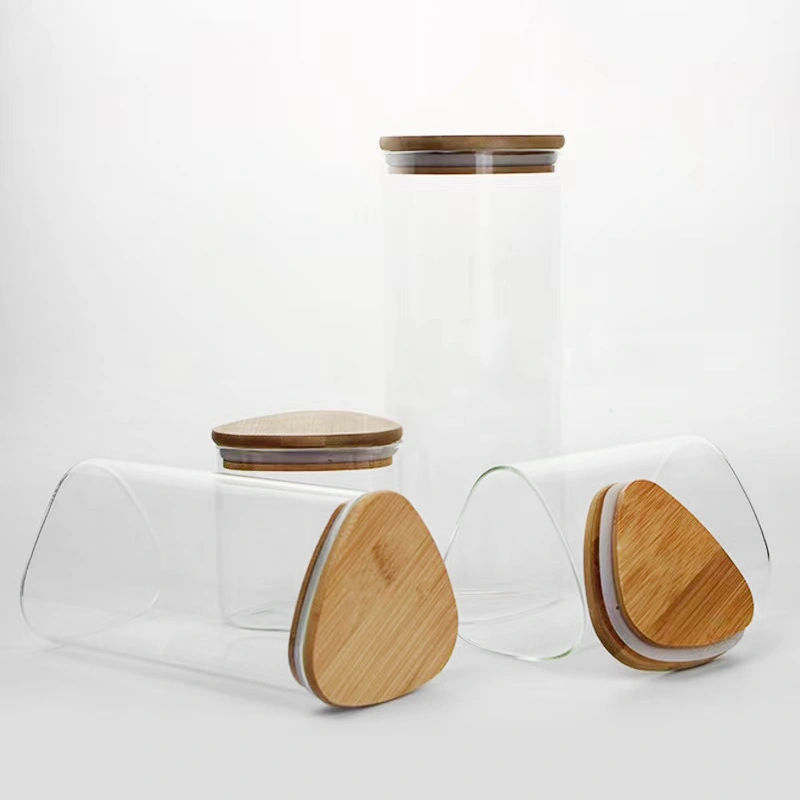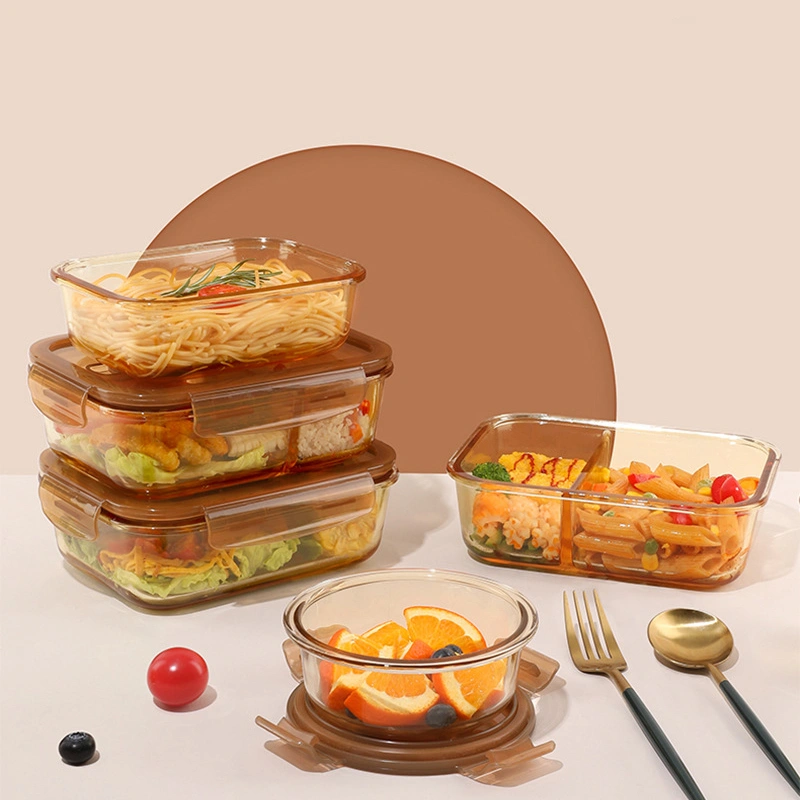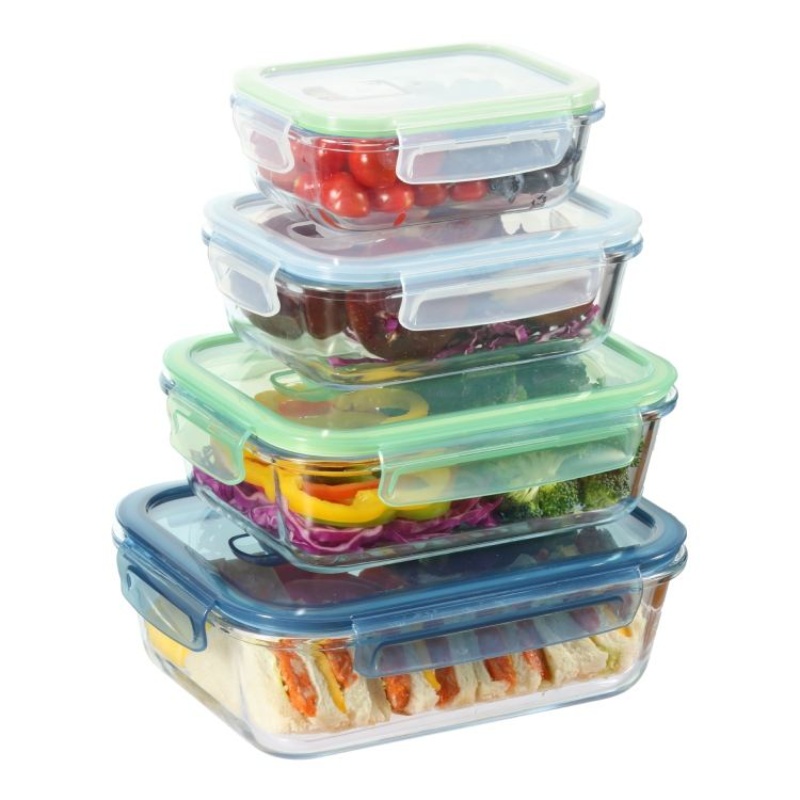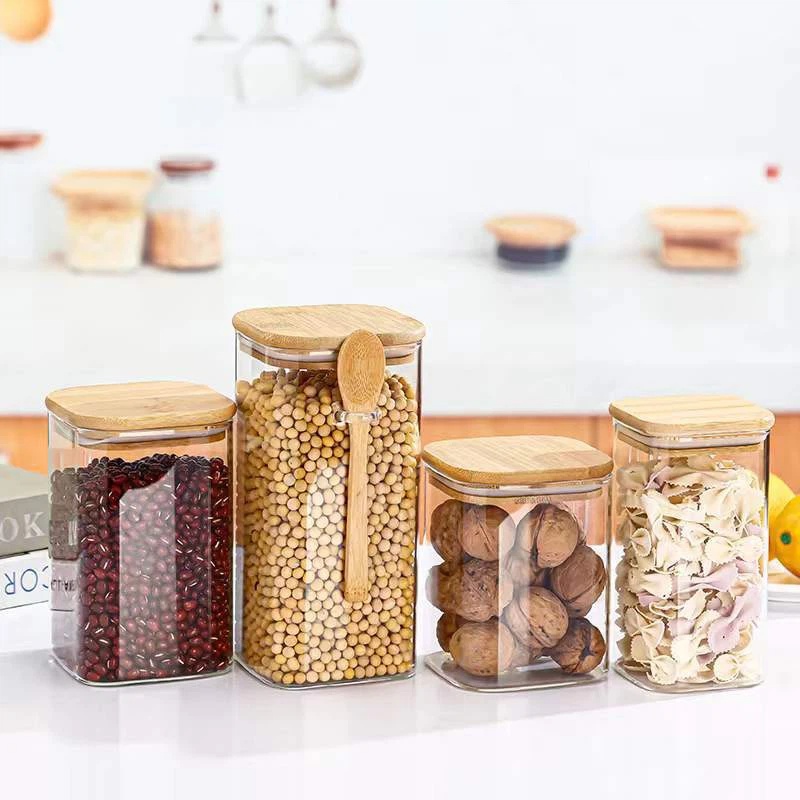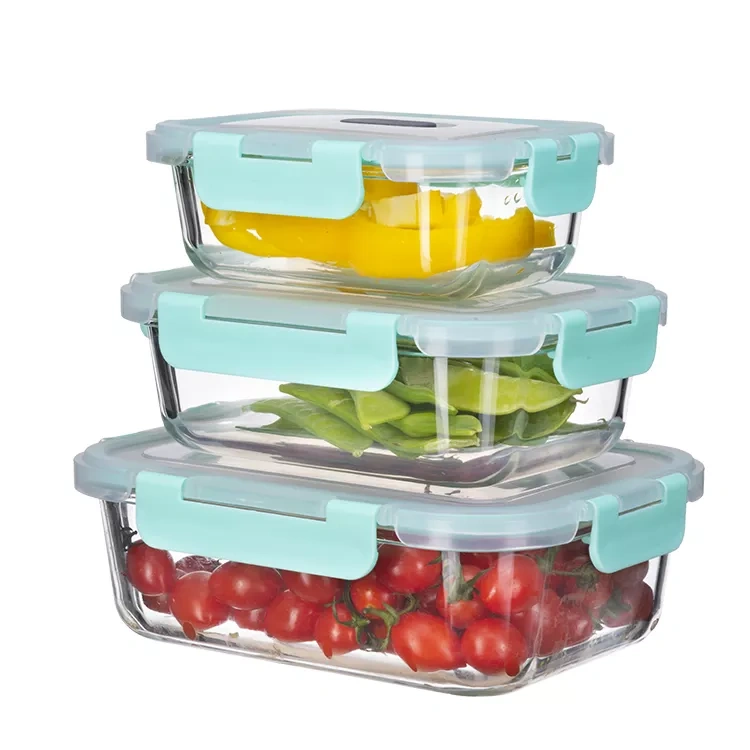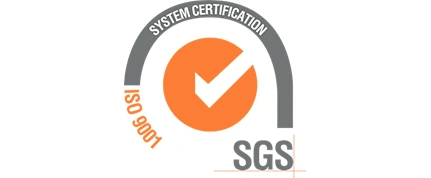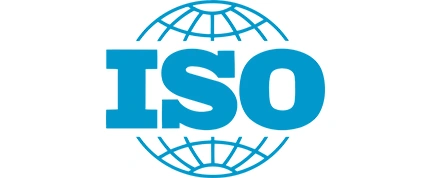Does Borosilicate Glassware Contain Lead?
Table of Contents

Paul Ren
Hello! I’m Paul, the Senior Sales of Canzo Glassware. With 18 years of experience in the glassware industry, I’m excited to share some insights from our perspective as a China glassware manufacturer. Today, we’re diving into a common question: Does Borosilicate Glass Contain Lead?
In today’s world, many of us have shifted away from using plastic food storage containers in favor of glass ones. But with so many different types of glass available, it’s important to understand the differences. While many of us are familiar with soda-lime glass — the common glass found in windows and jars — there is also high borosilicate glass, which is increasingly popular for kitchenware. However, there’s a common concern: does high borosilicate glass contain lead, a toxic substance that is harmful to our health?
What is Borosilicate Glass?
Borosilicate glass is a type of glass that contains silica and boron trioxide as its main ingredients. These elements give borosilicate glass its distinct properties, such as high thermal resistance and durability. Unlike ordinary glass, borosilicate glass is designed to withstand rapid temperature changes, making it ideal for kitchen use. But beyond its practical benefits, many of us wonder about its safety — specifically, whether it contains lead.
The Composition of Borosilicate Glassware
To answer the question: No, borosilicate glassware does not contain lead. The core components of borosilicate glass are boron and silicon, which are both naturally occurring, non-toxic elements. Because borosilicate glassware is free of lead, it is also free from other harmful substances that could potentially leach into food or beverages. This is one reason why many of us prefer borosilicate glass for cooking and storing food, especially when compared to regular glass or plastic containers.
The Difference Between Borosilicate Glassware and Ordinary Glass
It’s essential to distinguish borosilicate glass from ordinary glass. Ordinary glass, or soda-lime glass, is made primarily of sodium oxide, calcium oxide, and silicon dioxide. While soda-lime glass is widely used and versatile, it can sometimes contain small amounts of lead, especially if it’s recycled glass or decorative glass. In contrast, borosilicate glass is manufactured to be lead-free, making it a safer choice for those of us concerned about exposure to toxins.
The Benefits of Using Borosilicate Glassware
There are numerous reasons why many of us choose borosilicate glassware over other materials:
High Temperature Resistance: Borosilicate glassware can withstand extreme temperatures without cracking or shattering. It’s perfect for use in ovens, microwaves, and even on the stovetop.
Chemical Stability: Borosilicate glassware is resistant to chemical reactions, meaning it does not react with food or drinks, even when exposed to acids or alkalis. This property ensures that no harmful substances will leach into our food.
Durability: Because of its unique composition, borosilicate glassware is more durable than ordinary glass. It’s less likely to break, chip, or crack, making it a reliable option for everyday use.
Dispelling Myths About Borosilicate Glass and Lead
Despite its many advantages, some of us still worry about whether borosilicate glass might contain lead. This concern likely stems from the fact that certain types of glass can contain lead, particularly crystal glass or some types of recycled glass. However, high-quality borosilicate glass is specifically designed to be free of lead and other harmful substances, making it a safe choice for food storage and preparation.
Conclusion
In conclusion, borosilicate glassware is an excellent choice for those of us looking for a safe, durable, and versatile material for our kitchenware. It does not contain lead or other harmful substances, thanks to its unique composition of boron and silicon. Whether we’re using it for cooking, storing leftovers, or enjoying a hot cup of tea, we can feel confident in the safety and quality of borosilicate glass. So, next time we shop for kitchen essentials, we can choose borosilicate glassware with peace of mind, knowing it’s a healthy choice for ourselfe and our family.
Newest Blog
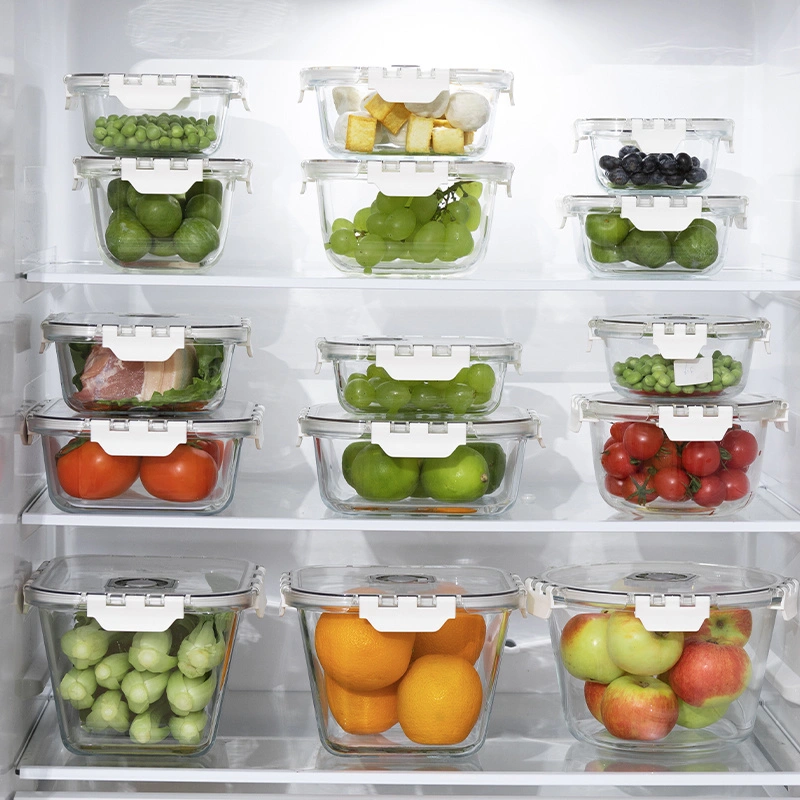
Are Borosilicate Glass Food Storage Containers Freezer Safe?
Properly freezing food not only saves money but also ensures meals stay fresh and flavorful. By understanding the best practices for freezing and using the right storage methods, you can maximize food preservation.

Can We Heat Up Food in a Glass Tupperware Container?
Using the microwave, oven, or stovetop, glass container are a reliable and eco-friendly option. Glass Tupperware is a fantastic choice for reheating your meals.
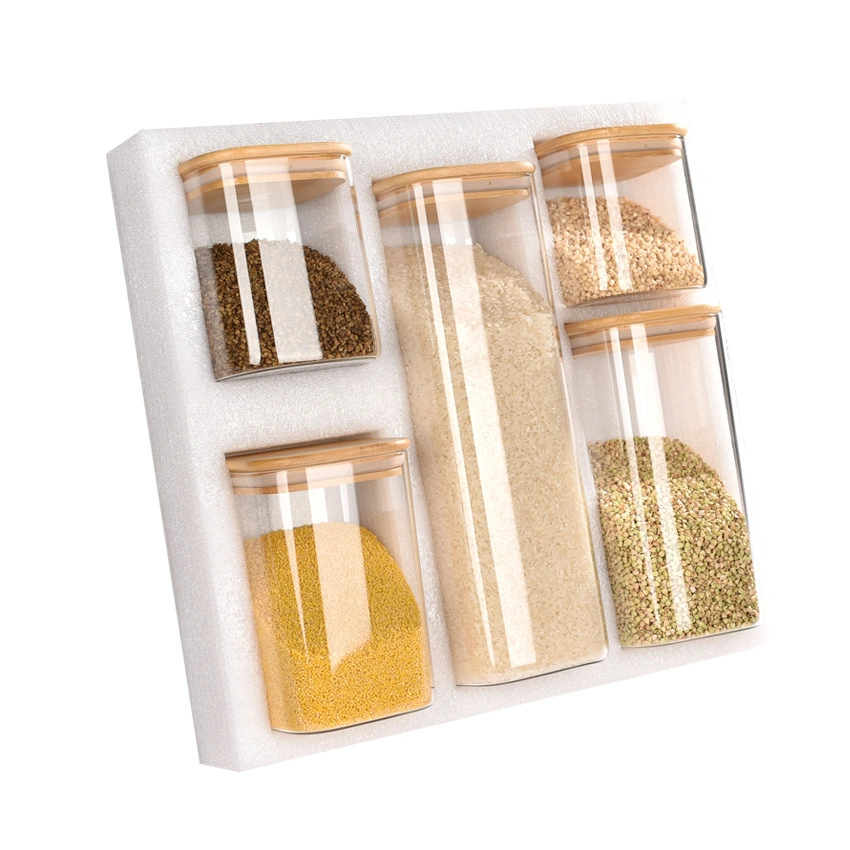
The Ultimate Guide to Packing Glass for Shipping
Want safety packing glassware for shipping, this guide provides detailed insights into preparing, packing, and shipping glassware effectively.

